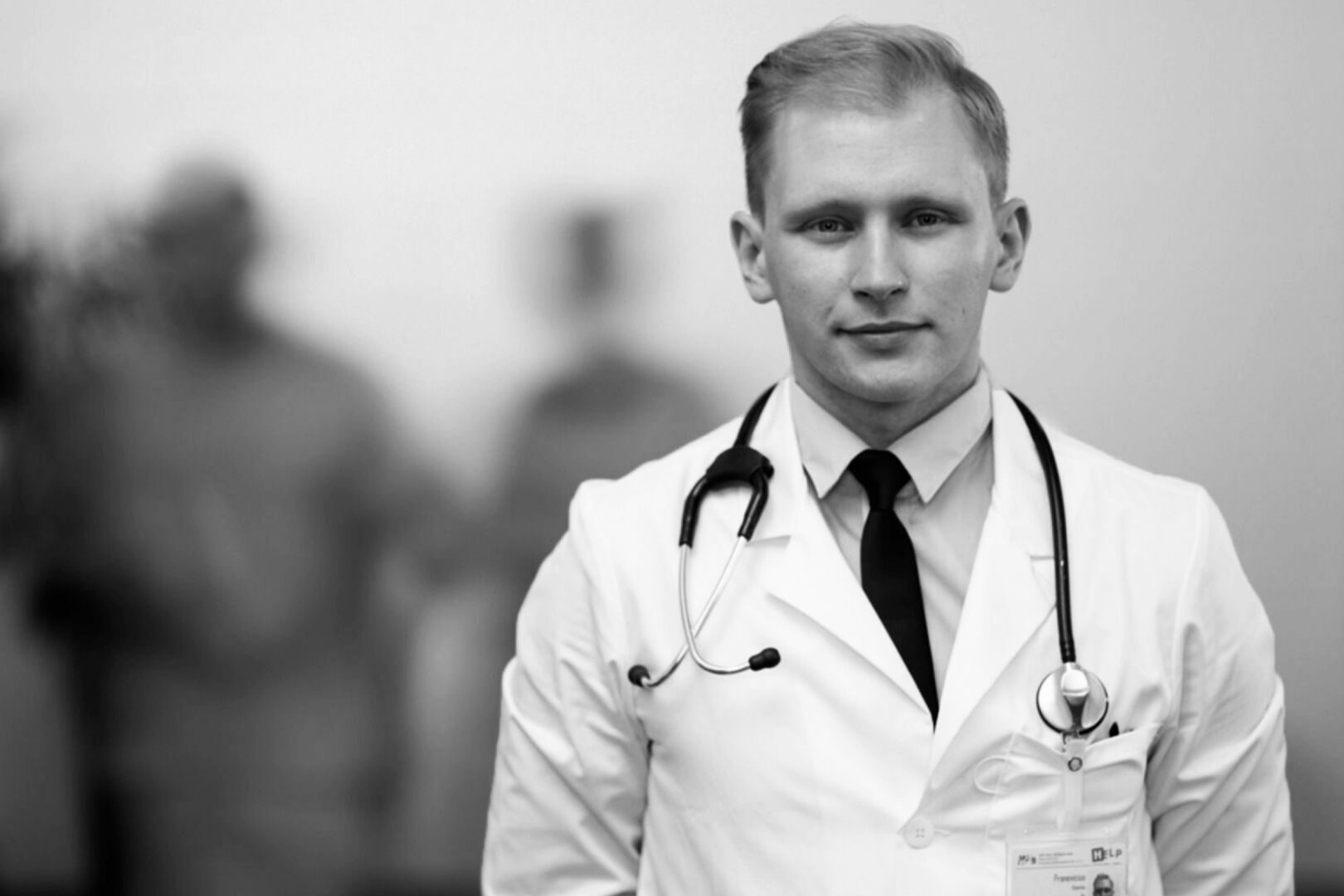

Robertas Pranevičius, MD, is an interventional cardiologist who looks at heart health from a person-centered standpoint. He believes that you cannot treat heart disease by only focusing on the symptoms. As humans are not a collection of body parts. Often, disease is not only located in one organ. When we talk about heart health, we must look at the sum of all lifestyle and medical reasons behind it.
In the following interview, we talked with Robertas about his outlook toward preventative heart health care and the one thing you should start doing today to improve your heart for years to come.
Cardiovascular health treatment changes constantly. This January, we witnessed a breathtaking achievement in the field. University of Maryland Medical Center has carried out the first successful animal-to-human heart transplant using a genetically modified pig heart.
Every cardiovascular health center faces the same challenges. The key problem is making sure that the donor’s heart is compatible with the recipient’s. This ensures that there will be no complications after the operation. Since we don’t have enough heart donors, there is a high risk that we will lose the patient if their body rejects the donor’s heart.
By genetically modifying the pig’s heart, we increase the amount of hearts available for transplantation. It also reduces the risk of complications.
Five years ago, this was impossible.
Change is constantly happening. Every year, we get updated heart disease treatment recommendations. Pharmacology changes constantly, and we see new medicine entering the market together with new technologies that help our patients. We get new tools that help save the lives of people with chronic diseases and dangerous conditions. Improving diagnostics allows us to explore how this disease emerges, grows, and develops. It makes us rethink and improve our treatment strategies every day.
Even though so much information is available, people do not try to prevent heart problems until it’s too late. Most patients start to care about the topic only after their disease gets too advanced and we need to treat tragic symptoms.
Thus, the number of people who have developed cardiovascular issues is growing every year.
I believe we have to look for new ways to present the information. To make it easier to digest and provide motivation for long-term sustainable change. Timely and clear communication is a considerable challenge to the health departments across different countries. But the effort must be increased if we want to see substantial progress.
As I mentioned, there is so much information available about your health. However, not all of it is trustworthy. That makes people follow unreliable advice that was not vetted by doctors. You know what I am talking about – articles from self-proclaimed health gurus, “research” done by healers, or advice that your uncle gave during the last Christmas dinner.
Misinformation creates a huge problem. People try to “treat” themselves, “improve” their treatment plans without consulting their doctor, or ignore their symptoms altogether. Most of the time, such initiatives do not bring positive results. Finally, cardiologists must step in and fix new problems.
We have quite a lot of clinical studies saying that cardiovascular health is highly impacted by genetics. Unfortunately, the patients started to use it as an excuse to not take care of themselves.
While genetics are important, we cannot forget the impact of harmful habits. Fast food, excessive use of alcohol, smoking, low physical activity levels – all of this weakens your heart. Comorbidities such as obesity or type 2 diabetes accelerate heart disease, too.
All of these things can become the reason for poor cardiovascular health. You need to implement healthier habits to fix the problems an unhealthy lifestyle brings up. You cannot treat heart disease by simply prescribing a pill.
I believe that every middle-aged person who has the risk factors listed above should try to become a part of preventative programs. If you have high blood pressure, feel chest pain, or notice having an irregular heartbeat, you should instantly get in touch with your cardiologist.
It’s hard to pick just one factor that would fit everyone. Increased physical activity is probably the most important weapon against heart disease.
According to a Cardi.Health survey of more than 11 thousand people, 75% of people who seek help with cardiovascular problems are not physically active.
Of course, you must find the type of exercise you love. Working out cannot be a chore. Instead, you must look forward to getting your heart pumping. Otherwise, it would be very hard to make it into a daily habit.
You don’t have to spend hours at the gym, so please try to find ways to incorporate movement into your daily routine. Walk to work, bike, swim, hike, play sports, clean the windows, or take care of your garden. As long as your heart is beating faster for at least 30 minutes per day, you will be in a way better position than most other people who face similar challenges.
With time, you start feeling better, increase your resilience, eat healthier, and reduce how much alcohol you drink. Physical activity is the gateway to a healthier heart.
I believe that we will see more personalized and data-driven care. Mobile applications and smart gadgets already help patients work out more and eat better. These technologies will also help track health data, schedule yearly check-ups, take medicine on time, and make data-based treatment decisions. You cannot treat heart disease by simply prescribing a pill.
Technology and medicine go hand in hand, and by using them, doctors can help the patient get better quicker.

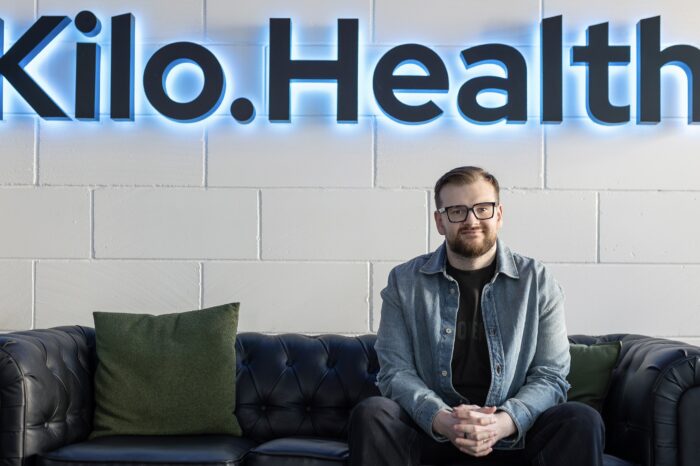
Kilo Health concluded 2024 on a strong note, achieving stable revenues and growth, alongside a team of 450 employees. In 2024, the company’s consolidated revenue remained steady at €234 million, the same as in 2023. Despite external market challenges, Kilo…
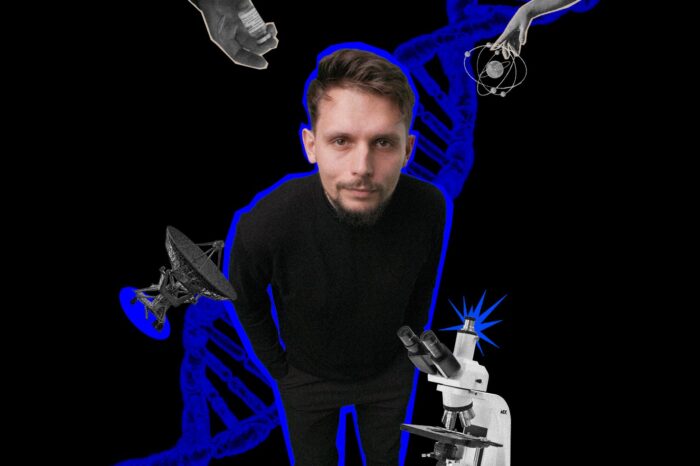
Ask, research, support. These three words sum up my role — or maybe just the nerd face emoji. Currently, I am working as a Scientific Research Lead at Kilo Health. But before that, I’ve always been on a similar path,…
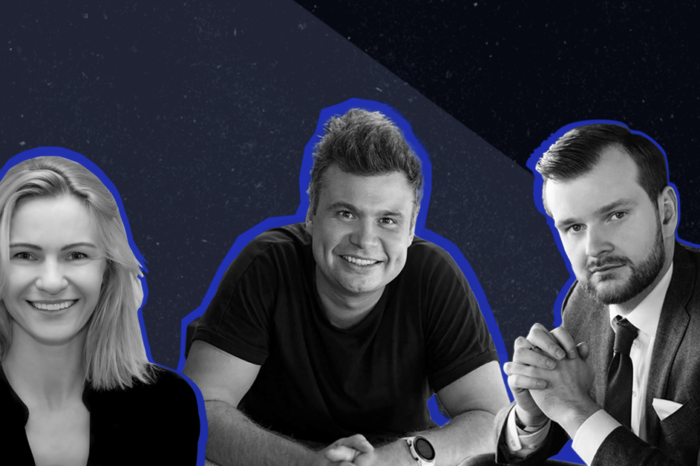
As we’re entering an exciting new chapter of business growth and leadership, it’s the perfect time to catch up on the latest changes in our team and where we’re headed next. Dive in and get to know our new CEO…

I’m Matas, and when asked, I refer to myself as an intern — always learning. However, research, strategy, business development, and idea generation are the cornerstones of my work. I want to pull back the curtain and give you an…

I’m Deimante, currently Head of Marketing at Kilo Health, and a big lover of this company. My journey to being hired at Kilo has been quite the ride. How it all started? I underwent interviews with 11 different people and…

Ever dreamt of taking the lead, even if the path isn’t crystal clear? Or to have someone believe in you and offer you a chance to figure out whether you would thrive in a startup environment? Speaking of which, Kilo…
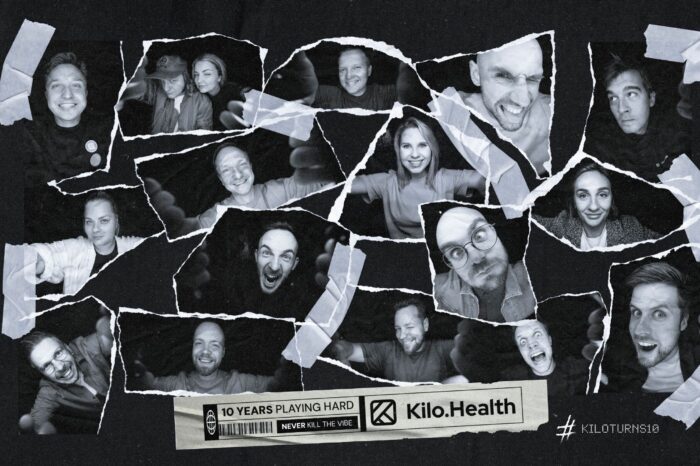
A whole decade has raced by in the blink of an eye for us at Kilo Health, and what better way to celebrate than to reflect on the milestones and lessons over the years? Do you know where we started?…
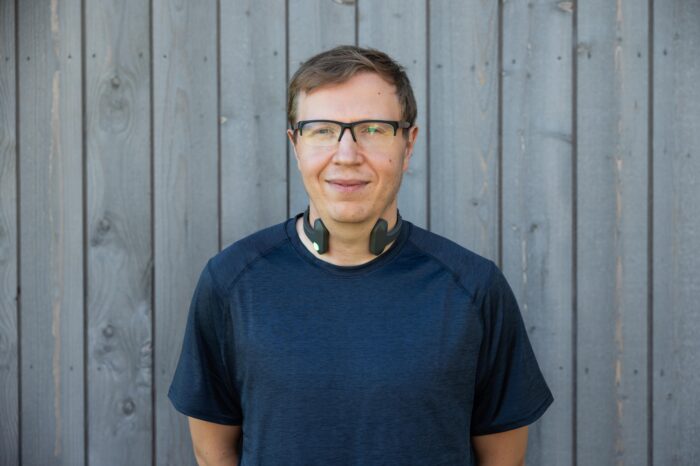
We, the co-founders, are just ordinary individuals with grand ambitions. There are times when we work twice as long and intensely as others, yet we’re equipped with the same amount of daytime, energy, and capacity. However, as leaders in the…
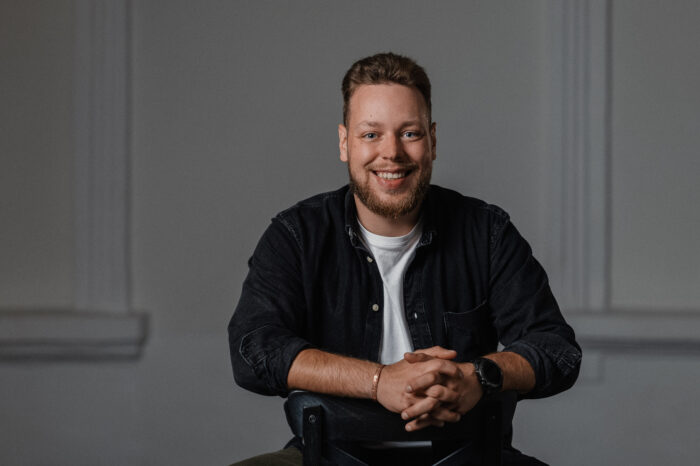
There’s no enchanting tale behind how I became a part of Kilo Health. In truth, some of us regular folks simply have regular journeys, and that’s perfectly fine. What counts is that today, I hold a successful product in my…

Reflecting on your achievements from the previous year is advantageous. That’s exactly what we did, proudly demonstrating our boundless aspirations through an impressive 84% growth and 213 million euros. So let’s put our hands in the air and celebrate together,…

I joined Kilo Health back in 2019, and I can prove that when people’s values and mindsets align, great things can be accomplished, even if you don’t have a plan. BoomeranGO!, the first and only product for children provided by…
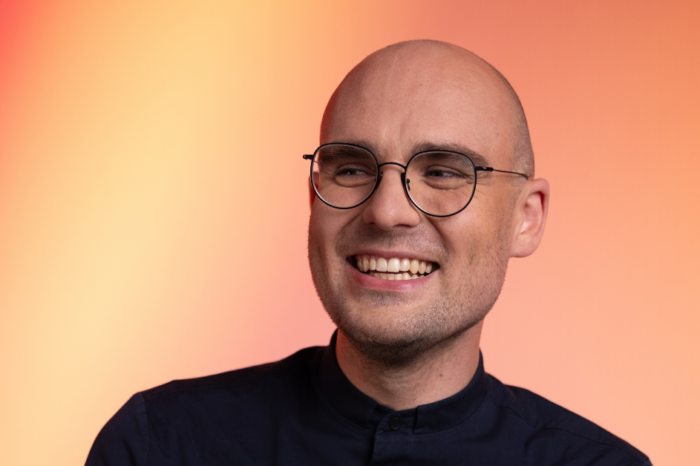
Lighting, sound, set, and actors are essential components of a film studio, but they are not the sole factors that define its success. Consistent creativity, appreciation of talent, and adaptability to market trends are a few of the things that…
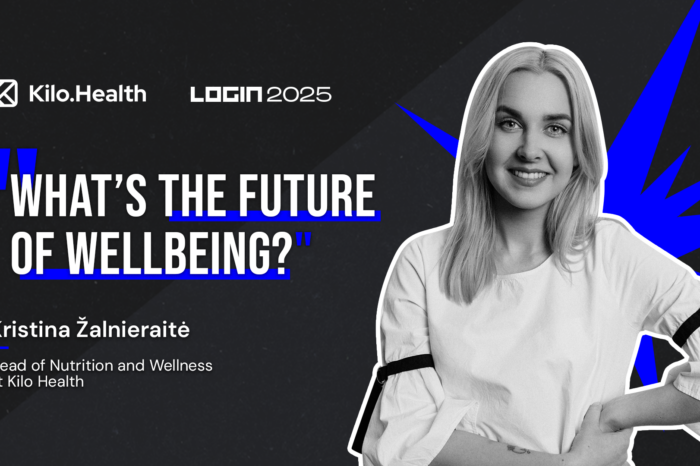
Imagine a world where technology creates a tailor-made meal plan and recommendations after analyzing different data about you. This is not science fiction but a reality that is fast approaching. Traditional plans drawn up by nutritionists are already being replaced…

Hey, I’m glad you’re here — I’m Viktorija Jokantaite-Kutke, the CEO of the Weight Management Accelerator at Kilo Health. One thing about me is that I don’t do boredom. I am always moving, always building. Try to keep up! When…